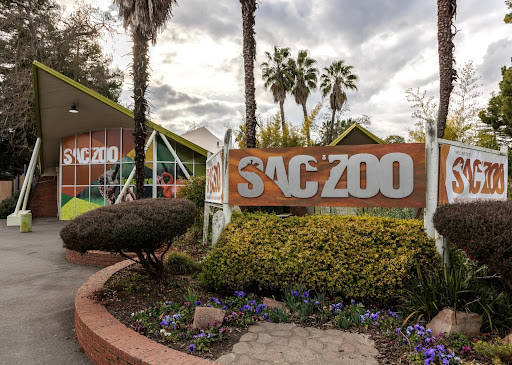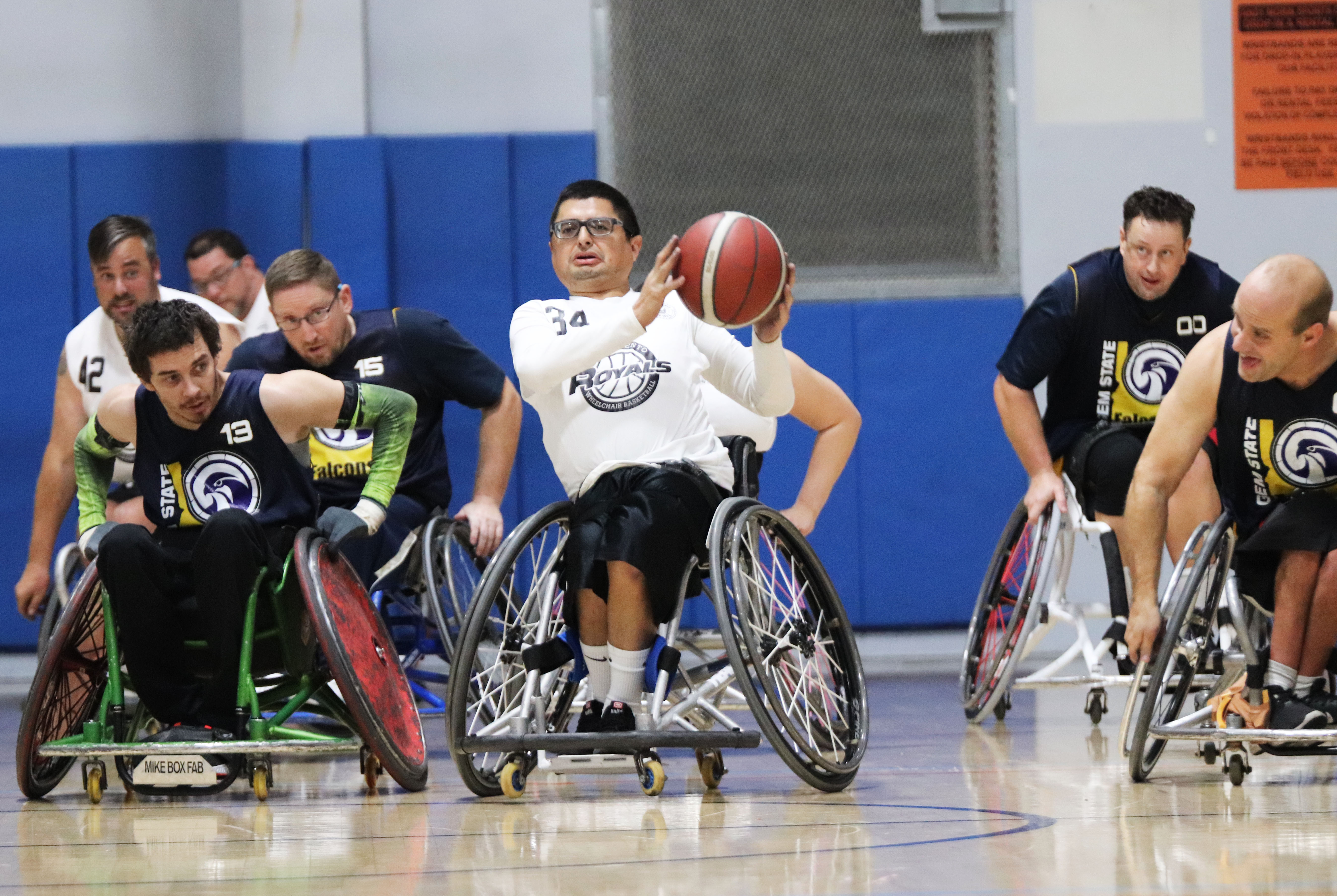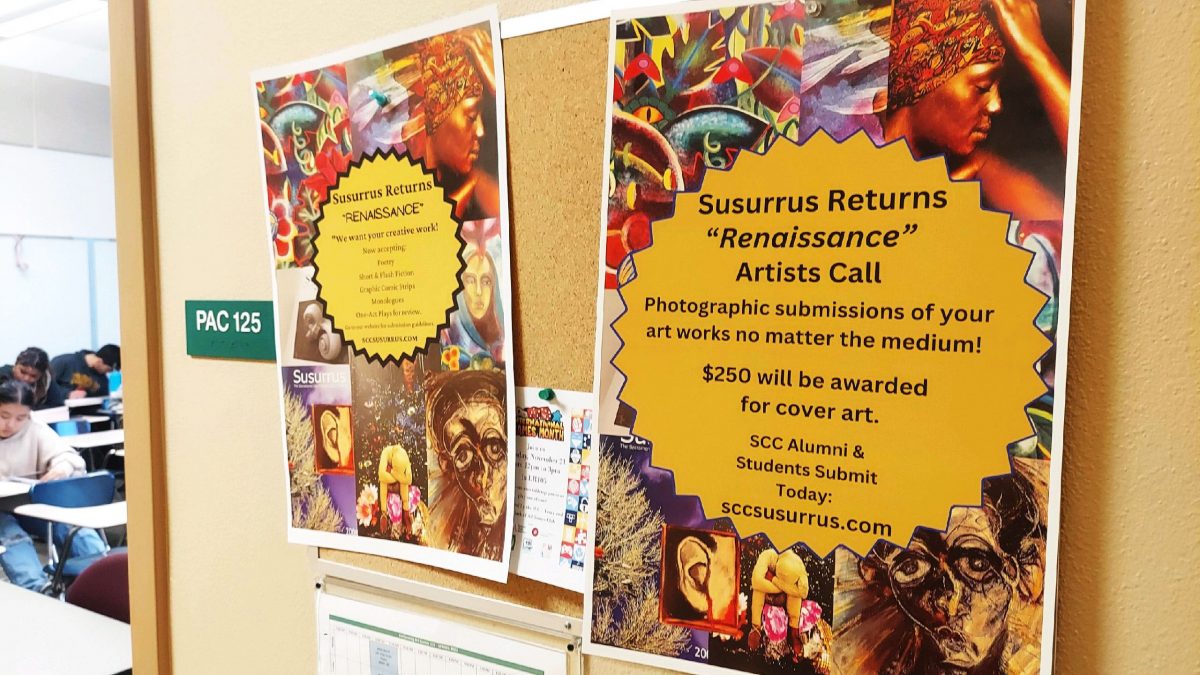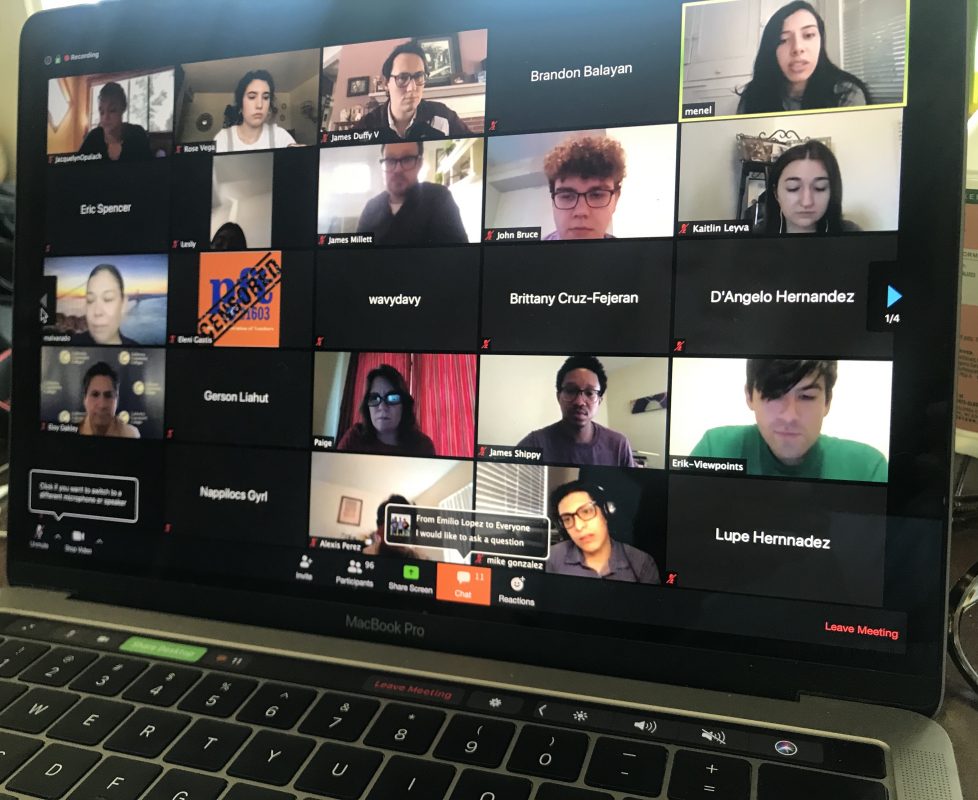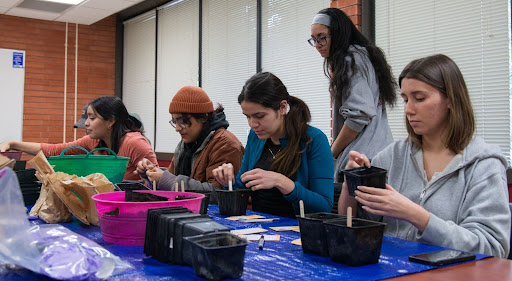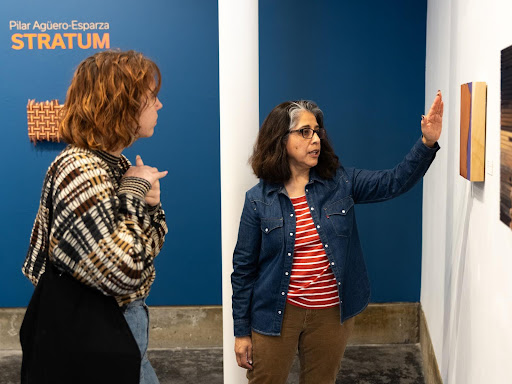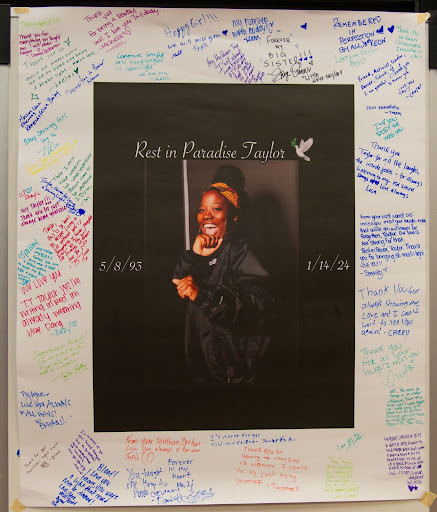California Community Colleges Chancellor Eloy Ortiz Oakley said that by summer and fall colleges may be partially open in terms of physical locations, but because of the COVID-19 pandemic will have more hybrid courses and “a lot more online courses to maintain public health.”
“Obviously, this is a very unprecedented situation and unprecedented crisis, which is impacting not only our colleges, our faculty, our staff, students in particular, as well as our community,” Oakley said in Zoom meeting teleconference April 14.
“We’re going to continue to educate, no matter what happens,” said Oakley. “Will we be completing the worst part of the pandemic? Will there be a second peak? Will there be some other incident that will keep us in some sort of social distancing protocol? My guess is—and what we informed the colleges is—to be prepared to educate on some social distancing protocol. If we don’t need that flexibility, great, but we’re asking colleges to be prepared in fall and the spring to be able to work through that scenario.”
More than $300 million from the Coronavirus Aid, Relief and Economic Security (CARES) Act recently passed by Congress in aid to students with the greatest need will be arriving soon, Oakley said, so that they may continue their educational goals.
“Obviously, we wished and we pushed for more,” said Oakley. “We feel the resources will help many students get through these next several weeks, if not months, as we continue to struggle through this crisis. The flexibility allows these funds to cover the cost of attending college, including food, housing, course materials, technology, health care needs and child care related to the COVID-19 pandemic.”
California Community Colleges represent the nation’s largest system of higher education with 115 million colleges serving more than 2.1 million students annually according to cccc.edu. Oakley acknowledged the ways, despite statewide closures, community colleges are serving their communities during the COVID-19 pandemic.
“I was just looking at some pictures from Cerritos College,” said Oakley. “They’re just one example of how our colleges are responding—they’re handing out more than a thousand meals today to community members, so it’s amazing how well our colleges and particularly how well our students have stepped up. Despite the current COVID-19 pandemic, we will continue to see through our commitment to serving our students in supporting them in every way we can and continuing to advocate for our students both at the state and federal level.”
Since the start of the COVID-19 outbreak, the chancellor’s office has been keeping a close eye
on the spread of impact, according to Oakley, relying on the California Department of Public Health as a primary source of information and guidance. At the start of March, the chancellor’s office launched the COVID-19 one-stop place for all COVID-19-related resources, updates and guidance facts and resources microsite. By the end of March, nearly all colleges made the transition to online, and Oakley praised the student senate for helping with the transition.
“I want to take a moment to thank the statewide student senate,” said Oakley. “They’ve been amazing resources and real firm advocates for our students both at the chancellor’s office and at the state level. We know that the transition isn’t easy for many students, particularly as sudden as it was. Our colleges are doing everything they can to support students in any way possible and to help make the transition easier.”
In response to the transition from in-person to online instruction, the chancellor’s office March 13 announced several executive orders to allow for flexibility to better support students. The Chancellor’s office staff and colleges’ have been working closely together to leverage resources that are being made available for students and faculty. If a student withdraws from a course during the existing statewide state of emergency, community college districts may refund student enrollment fees.
“First, we issued an executive order temporarily suspending student withdrawal regulations to address the continuity of education in our colleges during the COVID-19 declared state of emergency,” said Oakley. “This was followed by a temporary suspension of various specified grade related regulations to address again continuity of instruction and make our grading policy more flexible for our students in our time of crisis.”
Executive Vice-Chancellor Marty Alvarado answered questions about grading issues, including recent decisions by the UC and CSU systems about accepting pass/no pass grades for community college transfer students.
“There’s a lot of flexibility that both systems are applying or providing, but they’re different,” said Alvarado. “CSU is really the most comprehensive, and UC’s is a little bit less comprehensive, just given the diversity amongst the campuses. They’re accepting pass/ no pass. They’re working with students who may not be completing ADTs (Associate Degree for Transfer) and may need to defer enrollment or transfer and or who may transfer a few units shy of the full 60 required.”
Oakley detailed resources provided through California community colleges— increasing the number of laptop giveaways, offering wifi access in campus parking lots, as well as providing protection and ventilators for local medical centers and the state Office of Emergency Services.
“Our system is stepping up during this time of need to support our students, families and our communities in really remarkable and innovative ways,” said Oakley. “Again a big thank you to everyone who’s doing everything they can to support students in their community. Speaks to how resilient our students and our staff are.”
The chancellor’s office has also been advocating on the federal level for increased funding for student assistance. The CARES Act is the recently enacted federal law that allows colleges to be more flexible in awarding emergency aid for students. The chancellor’s office has also launched a statewide awareness campaign to connect current students to resources that will help them stay enrolled and succeed online.
Oakley stated the needs of students are all influenced by the census. The chancellors’ office is collaborating with the California Complete Count Census 2020 office to encourage every student to be counted.
Oakley said It is incredibly important the resources that we need and the representation that you deserve as students will be impacted by how many people are counted in this census.
“College students are at risk of being undercounted in California, and this is essential to get a complete count of every member of the community so students are fairly represented by our congressional leadership and that our colleges get their fair share of federal resources for many years to come.”
For more information about the 2020 Census, visit californiacensus.org







